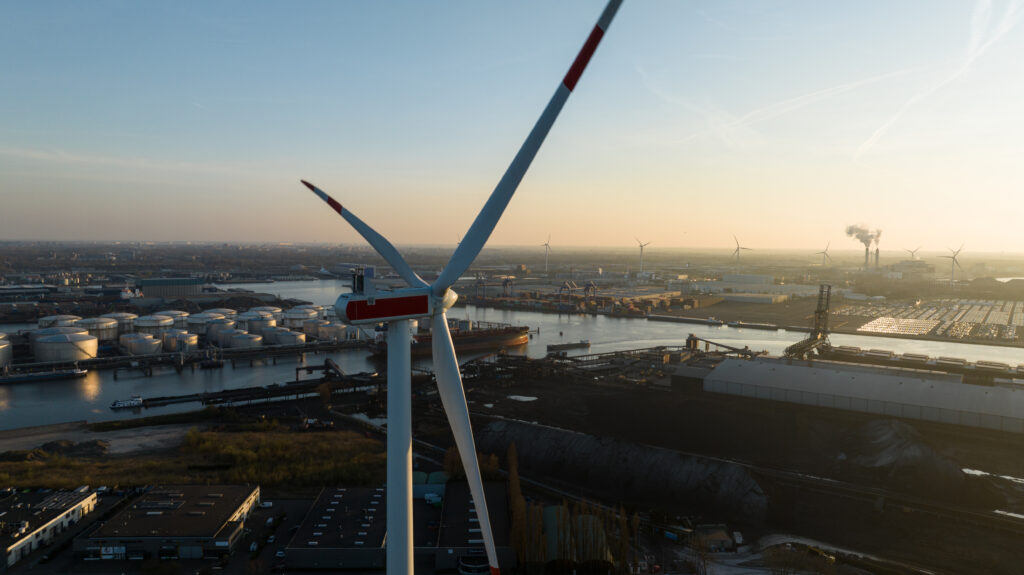Jonas Meckling is a professor of energy and environmental policy at the University of California, Berkeley. At Berkeley, he leads the Energy and Environment Policy Lab and the Climate research program of the Berkeley Economy & Society Initiative.
Meckling studies the politics of climate policy and the energy transition, with a focus on the intersection of climate and economic policy. He is the author of two books and publishes his research in leading journals, including Nature and Science. He has received multiple awards for his research from the American Political Science Association.
Previously, he was visiting professor at Harvard Business School and Yale University, served as senior advisor to the German Minister for the Environment and Renewable Energy, was a research fellow at Harvard Kennedy School, and worked at the European Commission. He holds a Ph.D. from the London School of Economics.




